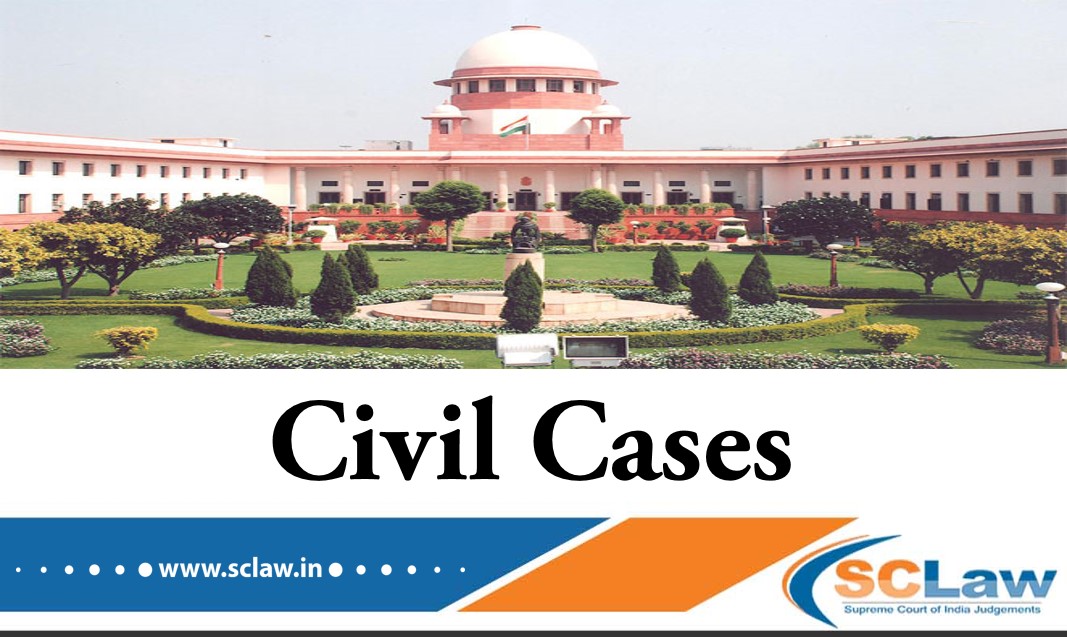IMP – FUTURE PROSPECTS- Future prospect to to be added on standardised percentage for Self employed, Fixed salary person even after the age of 50.
SUPREME COURT OF INDIA (Constitution Bench) Before :- Dipak Misra, CJI, A.K. Sikri, A.M. Khanwilkar, Dr. D.Y. Chandrachud and Ashok Bhushan, JJ. Special Leave Petition (Civil) No. 25590 of 2014.…








